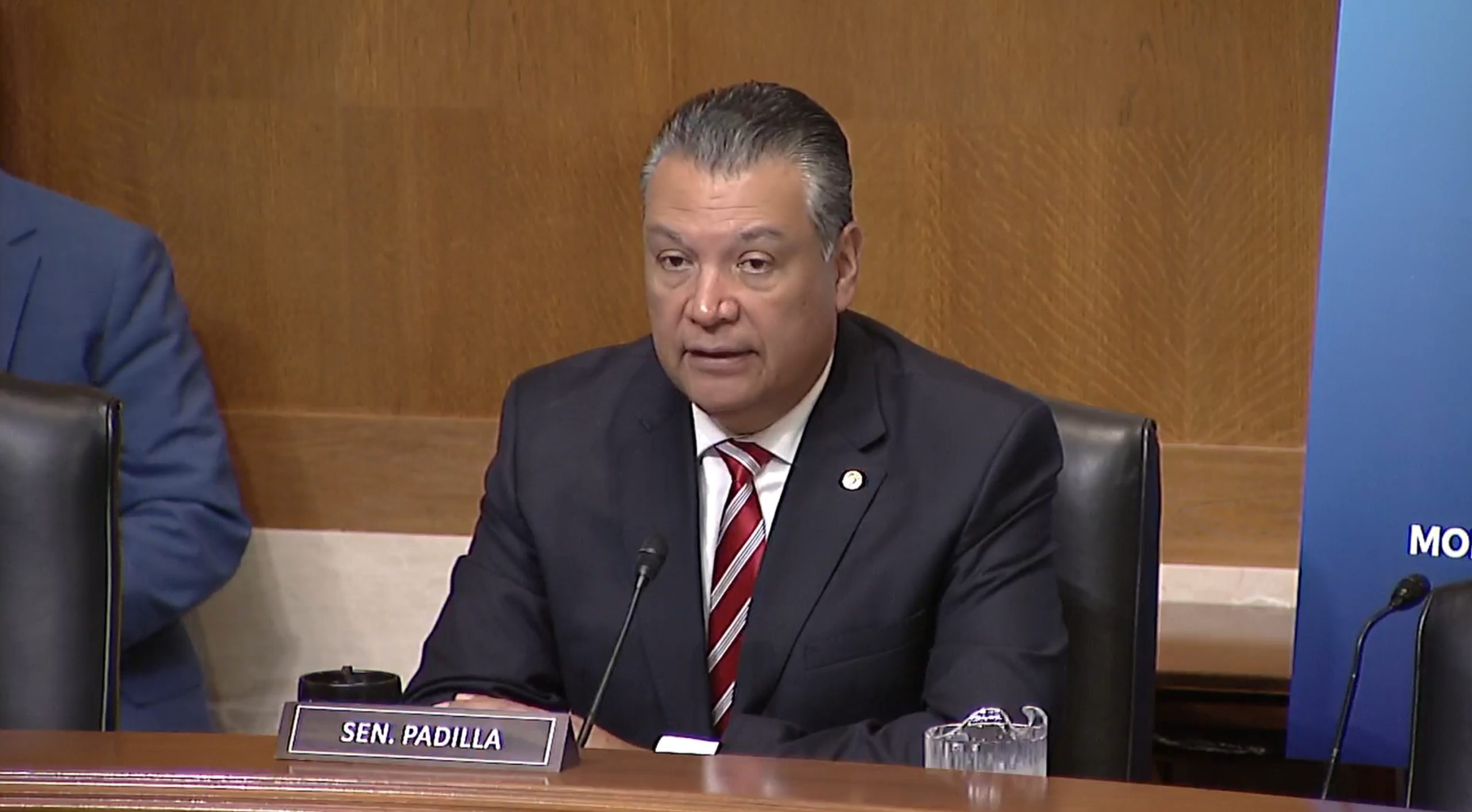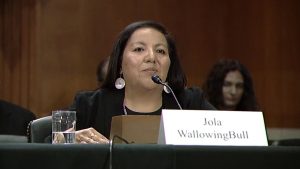Podcast: Play in new window | Download | Embed
Indigenous Guatemalans, who make up nearly half that country’s population, are protesting their government’s apparent actions to block the takeover of President-elect Bernardo Arévalo, elected in a landslide last month.
This week, various Maya groups called for nationwide road blockades in protest, as Maria Martin reports.
The Indigenous organizations Codeca and 48 Cantones (48 villages) blocked traffic at more than a dozen crossroads and bridges throughout Guatemala.
They are calling for the resignation of justice department officials they accuse of interfering with the results of the recent presidential election.
This participant, blocking the highway in Totonicapán, says these corrupt government officials, including Attorney General Consuelo Porras, are harming the country.
Codeca leader Thelma Cabrera, whose own presidential candidacy was blocked by the courts earlier this year, says the blockades are the only option allowed Guatemalans whose popular will is being ignored.
Meanwhile, the U.S. government says it’s prepared to level sanctions against those who block Guatemala’s presidential transition.
The Saint Regis Mohawk Tribal Council is attempting to promote better relationships with external governments and agencies, including Gov. Kathy Hochul (D-NY)’s administration.
Last week, they had the opportunity to host New York State Deputy Secretary for First Nations Dr. Elizabeth Rule (Chickasaw) and voiced the need to rejuvenate their government-to-government relationship with the state.
The Saint Regis Mohawk Tribe hopes that through the Deputy Secretary for First Nations, Gov. Hochul’s administration will continue to give attention and distribute financial resources to address the challenges that face Tribal Nations across the state.
 U.S. Sen. Alex Padilla (D-CA), chair of the Environment and Public Works Subcommittee on Fisheries, Water, and Wildlife, held a hearing entitled “Drinking Water and Wastewater Infrastructure in Tribal Communities.”
U.S. Sen. Alex Padilla (D-CA), chair of the Environment and Public Works Subcommittee on Fisheries, Water, and Wildlife, held a hearing entitled “Drinking Water and Wastewater Infrastructure in Tribal Communities.”
Testimonies were given from tribal water experts, and stakeholders on a range of water-related issues for tribes in the United States, including lack of access to infrastructure, deferred maintenance of existing infrastructure, inadequate water quality, and workforce development shortfalls.
Sen. Padilla spoke about the statistics of running water and sanitation in Native American Homes.
“Native American households are 19 times more likely than white households to lack indoor pipes for running water and sanitation. Inadequate water supply, and deteriorating pipes can impact the public health. Education and economic development of tribal communities. If you can’t trust the water you’re drinking or the plumbing that keeps your home sanitary, it harms your quality of life.”(24 sec)
 Jola WallowingBull is the director of the Northern Arapaho Tribal Engineering Department and is a member of the Northern Arapaho Tribe from the Wind River Indian Reservation.
Jola WallowingBull is the director of the Northern Arapaho Tribal Engineering Department and is a member of the Northern Arapaho Tribe from the Wind River Indian Reservation.
She states that the application approval process is delaying repairs, and is causing many Tribal homes to get worse while people wait for assistance.
“It often takes a long time to receive funding and put it to use. While we wait for applications to be approved, our work cannot and does not wait. Leaks and other issues continue while our requests slowly move through the approval process. We plug holes as best we can, but the review system ensures that we are always addressing emergencies rather than allocating our resources to planning future development.”
The Indian Health Service reports that approximately 17% of American Indian and Alaska Native homes lack adequate sanitation facilities.
Get National Native News delivered to your inbox daily. Sign up for our newsletter today.



